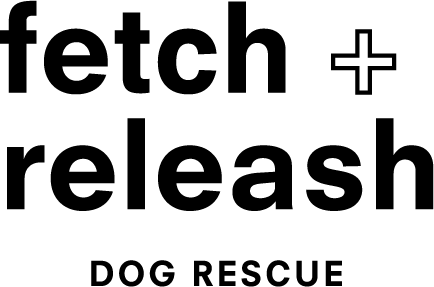Want to learn more on this topic? We’ve partnered with the author to deliver a free webinar on August 19 – click here for more details and to register.
Psychologists have called the COVID-19 pandemic the biggest psychology experiment in history. The unique characteristics of COVID-19, the global spread and lingering uncertainty are unprecedented. It’s important for employers to understand what’s happening with their employees, as well as the implications for how they (re-)engage with employees as pandemic restrictions are being eased.
The collective psychological response to the COVID-19 pandemic and public health measures has followed the known phases of disaster or trauma response, evolving from optimism to community connection to fatigue and disillusionment. What is missing is the last phase: reconstruction. Normally, in overcoming a disruption people can rebuild and know how to do so. If your house has been flooded, you know what a house looks like and you can rebuild, maybe with some precautions for future flooding but at least you know what to do. The COVID-19 pandemic is an exceptional traumatic experience because of the many unknowns and the lack of clarity about how and when rebuilding can safely begin.
Life changes and disruptions are usually limited to one aspect of our life (professional, personal, social). On the other hand, COVID-19 and public health measures affected every aspect of life at the same time, while also blocking access to coping strategies and self care for many people.
The World Health Organization defines mental health as: “A state of well-being in which every individual realizes his or her own potential, can cope with the normal stresses of life, can work productively and fruitfully, and is able to make a contribution to her or his community.” Virtually every aspect of this definition of mental health has been impacted over the last 18 months. The heightened stress, burnout, loneliness, depression, and anxiety experienced by many are all normal and expected reactions to this unusual and disruptive pandemic.
The good news is that we often underestimate the existence of resilience in the face of traumatic events. Research shows that 70-75% of people, when confronted with a traumatic event (including, for instance 9/11), will experience subthreshold symptoms for a period. They have been impacted but will continue to cope and function on a day-to-day basis. Studies discovered that, with varying degrees of success, people found new resiliency skills, adjusted their expectations and attitude, tried new ideas, and found positive aspects and elements of wellbeing.
Resilience and disaster research shows that a small percentage individuals of will develop longer term, severe symptoms that can be diagnosed as PTSD. Others may develop delayed symptoms or no symptoms at all. There should be no shame, blame, or judgement about how someone is affected by a traumatic event. Individual, social, and contextual factors, as well as the nature of the event and an individual’s exposure will influence how they may be affected.
However, it is vital that employers remain aware of the anticipated long-term consequences on workplace mental health:
- The triggers for COVID-19 anxiety, such as touching surface, proximity to others, and mask wearing, may remain and continue to arouse anxiety.
- Relationships have changed and need to be renegotiated – both in personal and professional life. An employee’s social circle may have changed and codes of conduct and trust may need to be renegotiated (i.e. Can I ask you to wear a mask? Do I feel safe again going for lunch together? What do I do when I see someone break public health protocols?).
- A percentage of people will have delayed symptomatic responses. It’s common for people who have continued to function with minimal symptoms and who coped effectively with change and loss during the crisis to become symptomatic once the sense of emergency is lifted. Psychologists are anticipating a post pandemic wave of pent-up grief to be released.
- Before and after employees are not the same: employees have looked over the fence and seen alternatives to what seemed inevitable before the pandemic.
- Employers have also changed as organizations scrambled to adapt work process and relationships evolved. Many organizations stopped proactively and purposefully nurturing their corporate culture and a de facto culture emerged – some for the better, some for the worst.
What can employers do to successfully engage with their employees for post pandemic future? On Thursday, August 19, I’ll be hosting a free webinar with CharityVillage that will dive into this very topic. Join us to learn more about how COVID-19 has impacted workplace mental health and how you, as a nonprofit leader, can support employees in a post-pandemic working environment. Register here.
Rensia Melles is a certified Psychological Health and Safety advisor with over 20 years of experience managing and designing international employee support programs to fortune500 employers. She is a passionate advocate for creating a difference in the workplace for both employers and employees on the topic of mental health and psychological safety. She has published and presented internationally on a wide range of employee support topics, including leveraging the workplace for health, global trauma support, mental health and employer liability. In 2019 she founded Integral Workplace Health, providing organizations psychological health and safety consultancy from a systems perspective.












